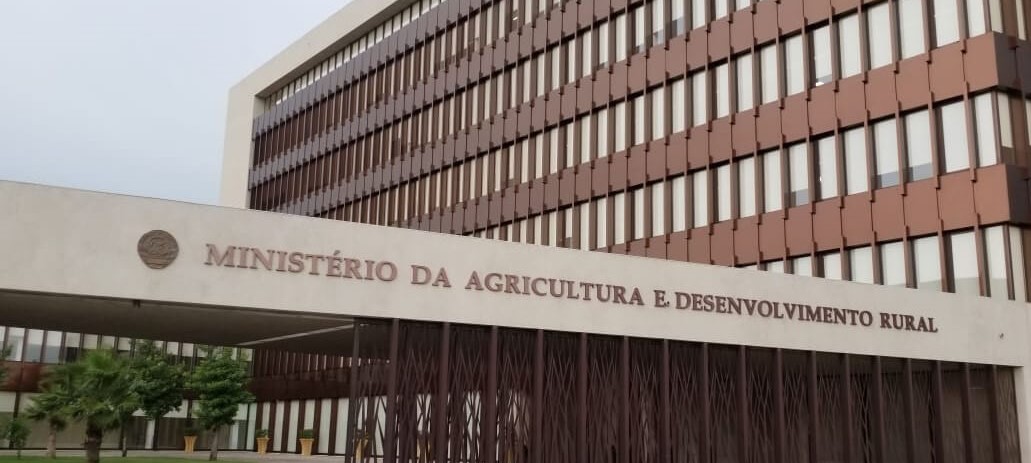(3 Minutes Read)
This platform is designed to significantly reduce the time and cost of processing permits. The workshop is conducted in partnership with the Ministry of Agriculture and Rural Development (MADER) through its agency, the National Directorate of Agricultural Health and Biosafety (DNSAB), responsible for processing SPS certificates.
The Government of Mozambique, in partnership with TradeMark Africa (TMA), has commenced sensitization training and system review workshop for government agency staff, importers, and exporters involved in plant health ahead of the implementation of the Phytosanitary Licenses and Certificates Issuance System.
This platform is designed to significantly reduce the time and cost of processing permits. The workshop is conducted in partnership with the Ministry of Agriculture and Rural Development (MADER) through its agency, the National Directorate of Agricultural Health and Biosafety (DNSAB), responsible for processing SPS certificates.
Currently, the application, processing, and issuance of SPS certificates are done manually. The process involves filling out and submitting physical forms for inspection requests, sampling, and testing.
Read Also:
https://trendsnafrica.com/mozambiques-employers-flag-flight-of-capital-due-to-kidnapping/
Typically, a lot of the applications include requests for certification for the export and re-export of products such as bananas, mangos, lychees, cashew nuts, seeds, seedlings, and biological control agents. Traders or their authorised agents must visit DNSAB headquarters or any of its 41 regional stations across the country to submit the paperwork and make numerous follow-ups on the status of their submissions before a request is granted or rejected. Applicants also have to visit a physical bank branch to pay the requisite fees.
The workshop sessions will focus on presenting the trial version (prototype) of the system to participants, by taking them through the export, import, re-export, and transit processes, from registration to acquisition of the phytosanitary certificates, as well as obtaining user feedback on the system’s improvement. This will enhance their familiarity with the protocols of the upcoming system, secure their buy-in, and address any initial issues before full operationalization.
This automation initiative is part of TMA’s broader approach to enhance trade facilitation in Africa by leveraging digital solutions at government and private sector agencies for seamless trade.





